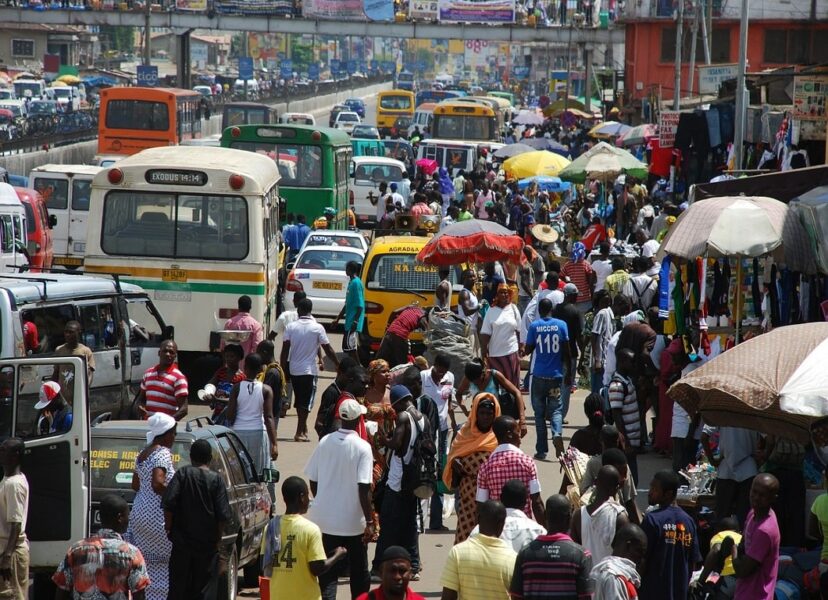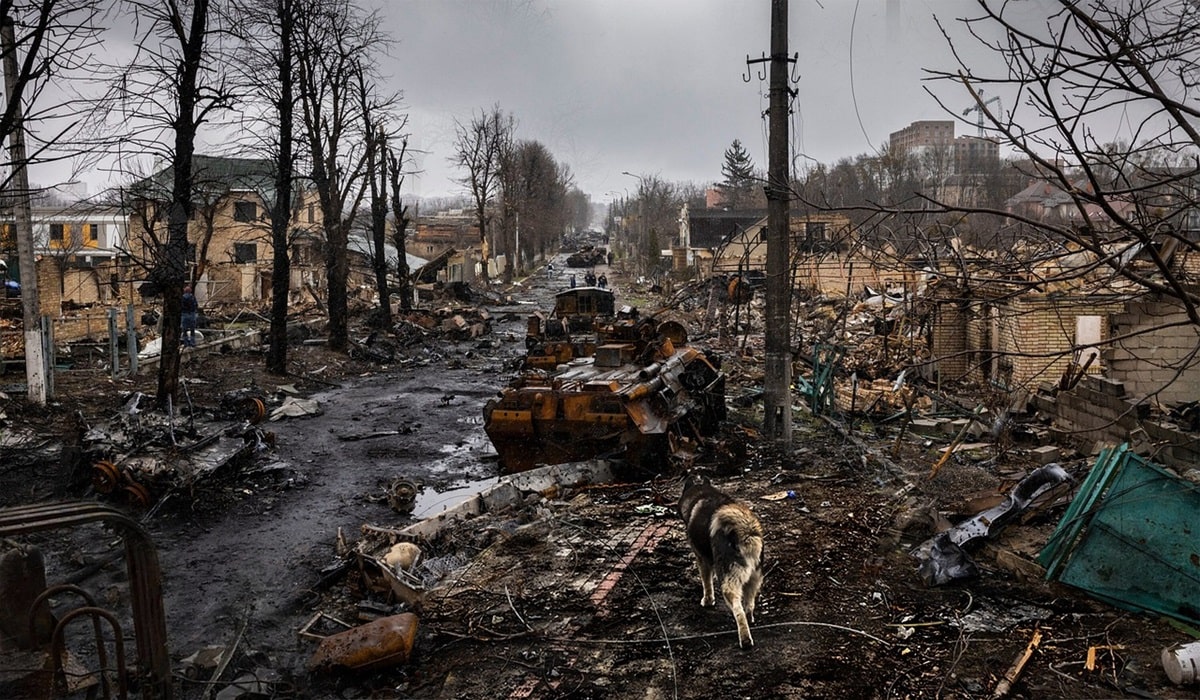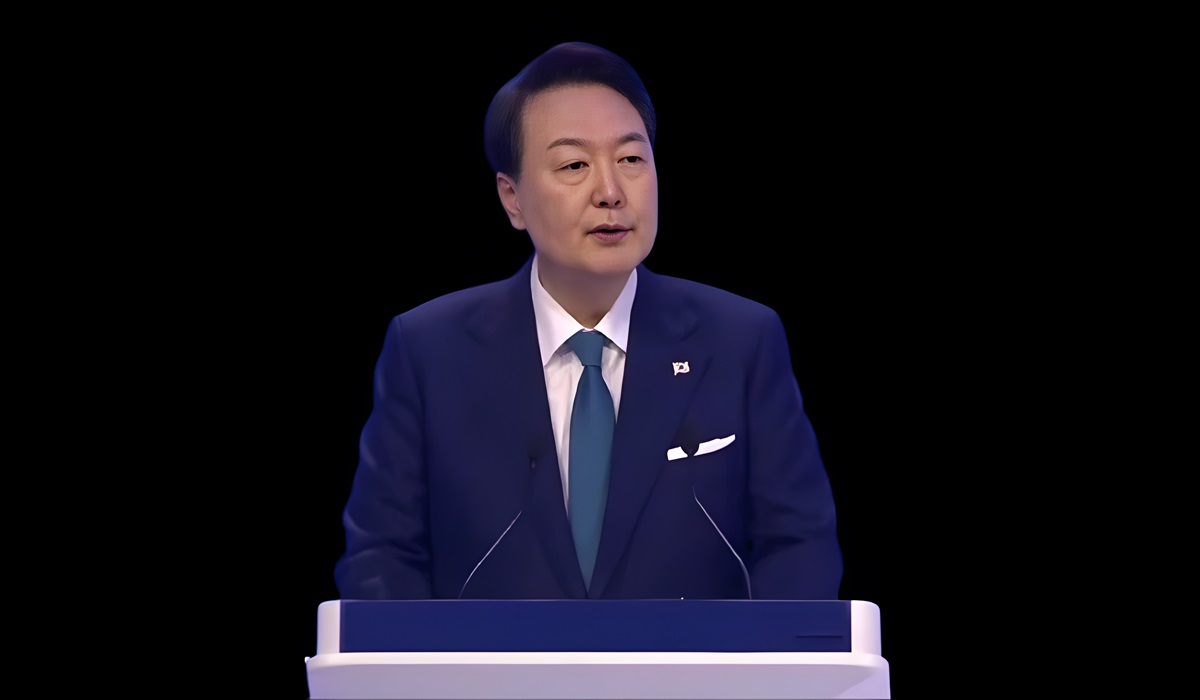Prioritizing Africa’s Debt For Cancellation Is A Humanitarian Issue
- TDS News
- Africa
- Breaking News
- March 25, 2023

Africa Owes $644.9 Billion USD In Bebt; It’s Time The IMF And World Bank Cancelled All Of It
The African continent has been facing a crippling debt crisis for decades, and it’s high time that international financial institutions and wealthy nations take action to help African nations alleviate this burden. The International Monetary Fund (IMF), the World Bank, and other wealthy nations have a moral obligation to completely cancel all of Africa’s US$644.9 billion debt as of 2021 from a humanitarian point of view.
The IMF and World Bank have played a significant role in Africa’s debt crisis. These institutions have encouraged African governments to borrow money, often at exorbitant interest rates, to fund infrastructure projects and other initiatives that are meant to stimulate economic growth. While these loans may have seemed like a good idea at the time, the reality is that many African nations have struggled to repay them, and as a result, their debt has continued to grow.
The International Monetary Fund (IMF) and the World Bank have caused irreparable damage to African countries since their existence. Both were set up at the end of World War II to rebuild the European economy. “In order for the World Bank and the IMF to implement their policies, they began offering loans to poor countries, but only if the poor countries privatized their economies and allowed western corporations free access to their raw materials and markets.” Wrote Africaw.com This is how the vicious cycle of debt keeps African countries dependent on foreign aid.
In 2021, African countries owe US$644.9 billion to external creditors. This debt is equivalent to 24.1% of their combined GDP, which is staggering. African nations are spending an enormous amount of money on debt servicing, which means that they have less money to spend on essential services like healthcare, education, and infrastructure.
In 2023 alone, African countries will pay US$68.9 billion in debt service. This money could be better spent on things like improving healthcare infrastructure, providing education to children, and investing in renewable energy. Instead, it’s going towards servicing debt that African nations may never be able to repay fully.
It’s important to note that Africa is the richest continent on earth in terms of natural resources. Unfortunately, these resources continue to be mined by foreign companies with no real interest in putting African nations in a position to succeed. These companies often pay little or no taxes to African governments, and the profits they make from these resources go back to their home countries.
Cancelling Africa’s debt would be a fresh start for the continent. It would give African nations the opportunity to invest in their own people and infrastructure without the burden of debt hanging over their heads. African governments could use the money that would have gone towards debt servicing to invest in healthcare, education, and renewable energy, which would help to create a more sustainable future for the continent.
Cancelling Africa’s debt would also help reduce the continent’s poverty and inequality. When African nations have more money to spend on social programs, they can provide essential services to their citizens, such as healthcare, education, and social welfare. This, in turn, can help to lift people out of poverty and reduce inequality.
If the IMF and World Bank were to cancel Africa’s debt, it would likely be done over a set period of time rather than all at once. This would give African nations time to adjust to the new economic landscape and develop sustainable financial practices. Other nations may question why their debt is not being cancelled, but it’s important to remember that the debt crisis in Africa is unique.
African nations have been struggling with debt for decades, and the burden of this debt has had a significant impact on their ability to provide essential services to their citizens. Many African nations face other challenges, such as political instability, conflict, and climate change, making it even harder for them to address their debt crisis.
It’s important to note that other nations have also received debt relief in the past. For example, within the decade, the G8 group of wealthy nations agreed to cancel the debt of 18 countries, most of which were in Africa. This debt relief was seen as a way to help these countries break free from the cycle of debt and poverty that had been holding them back.
Ultimately, the decision to cancel Africa’s debt would be based on humanitarian considerations. While other nations may question why their debt is not being cancelled, it’s important to remember that the debt crisis in Africa is unique and requires a unique solution. For too long, African nations have been saddled with debt that they will never be able to repay fully. By cancelling this debt, the international community would be acknowledging the role that they have played in creating Africa’s debt crisis and showing a willingness to help African nations move forward. Additionly, cancelling Africa’s debt would be a symbolic gesture of goodwill from the international community.








